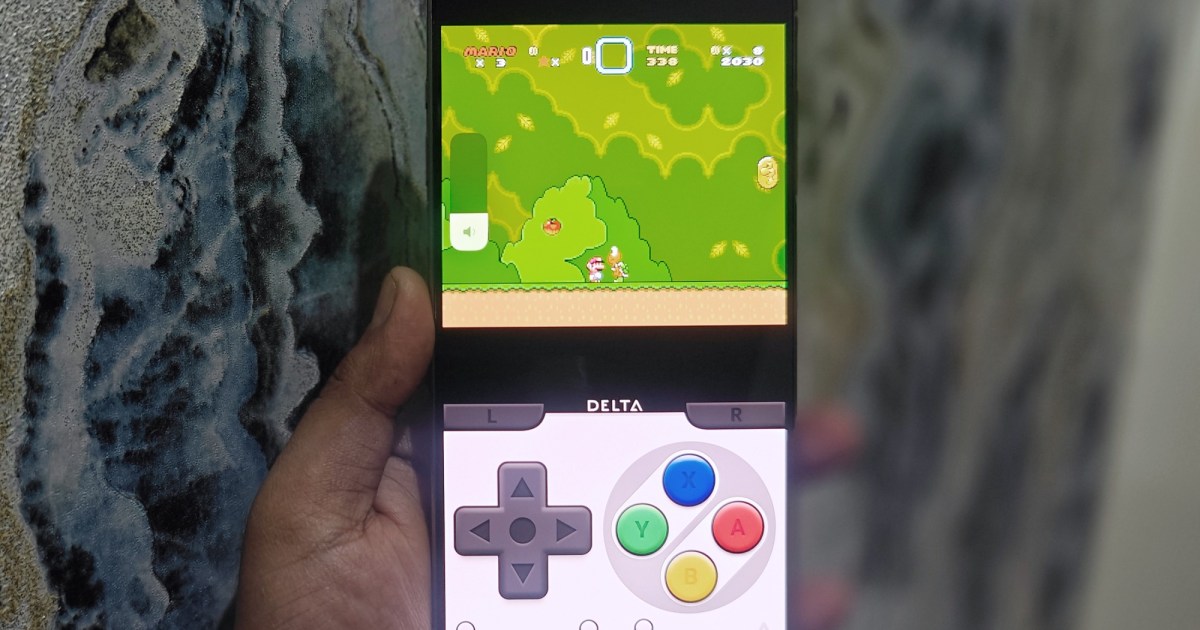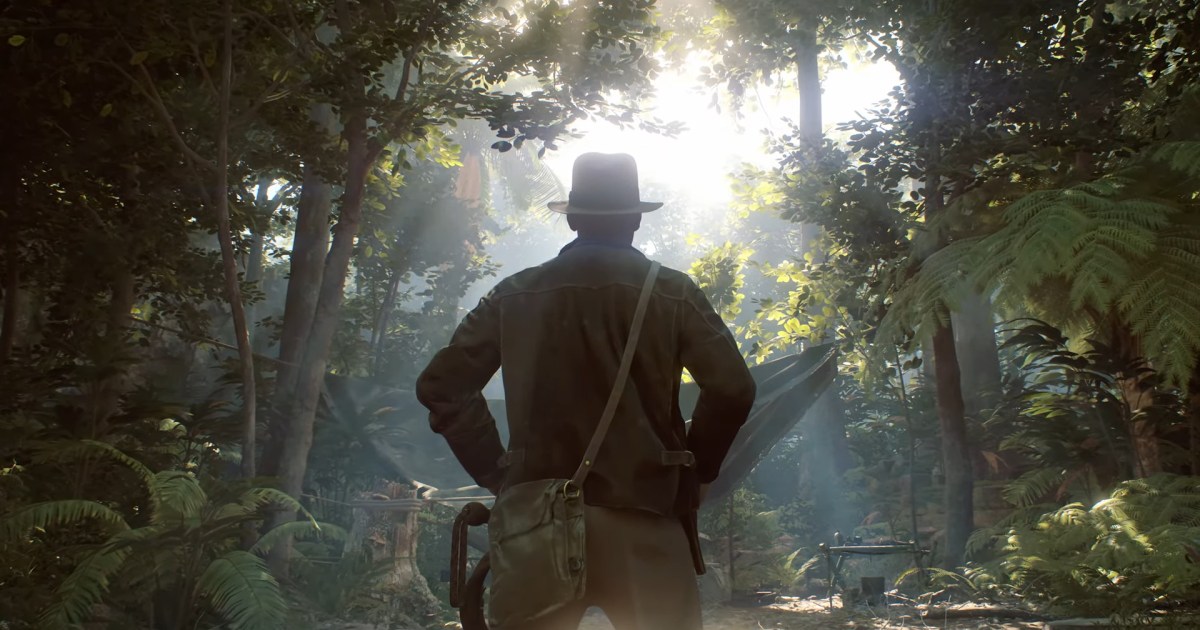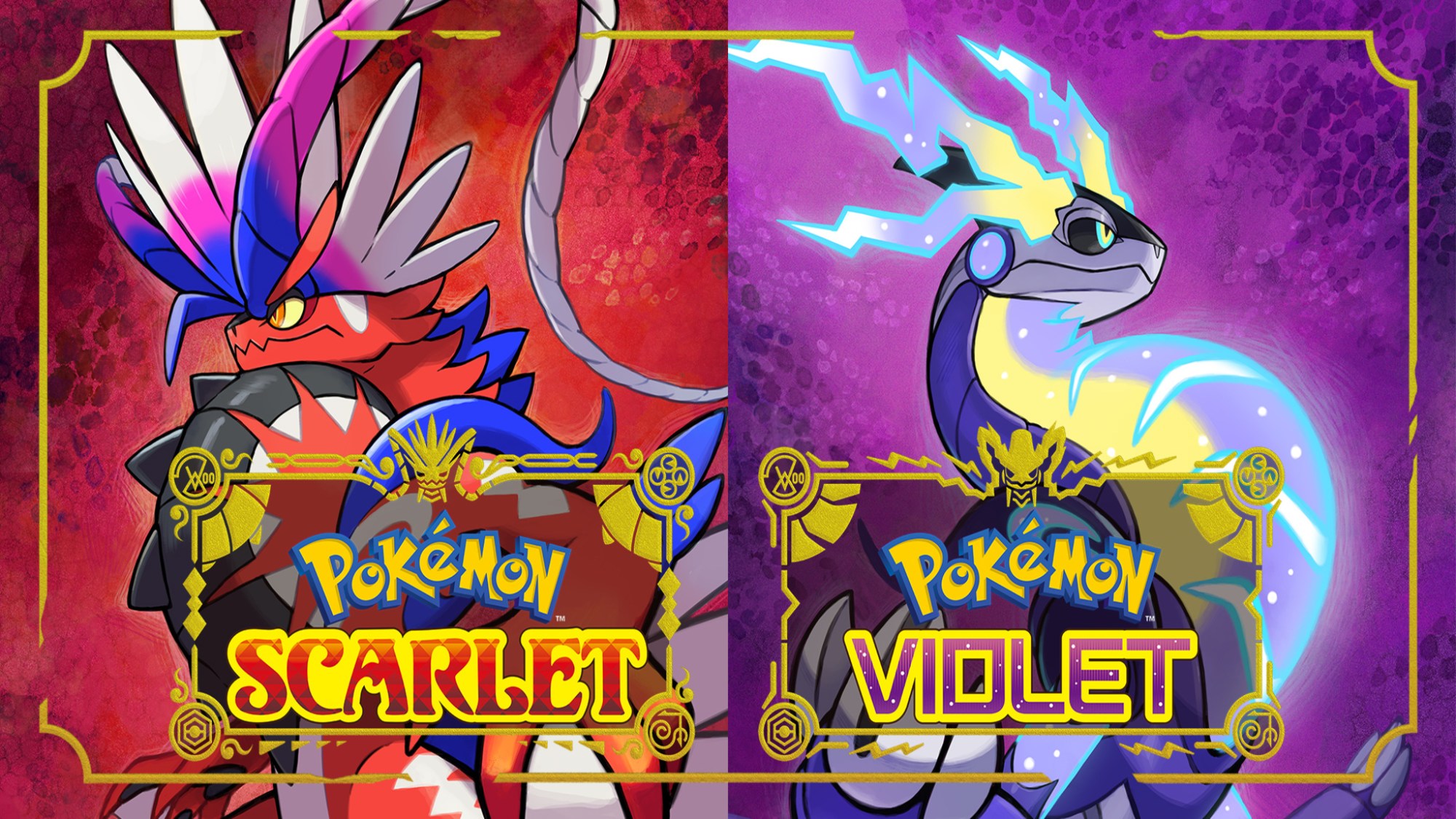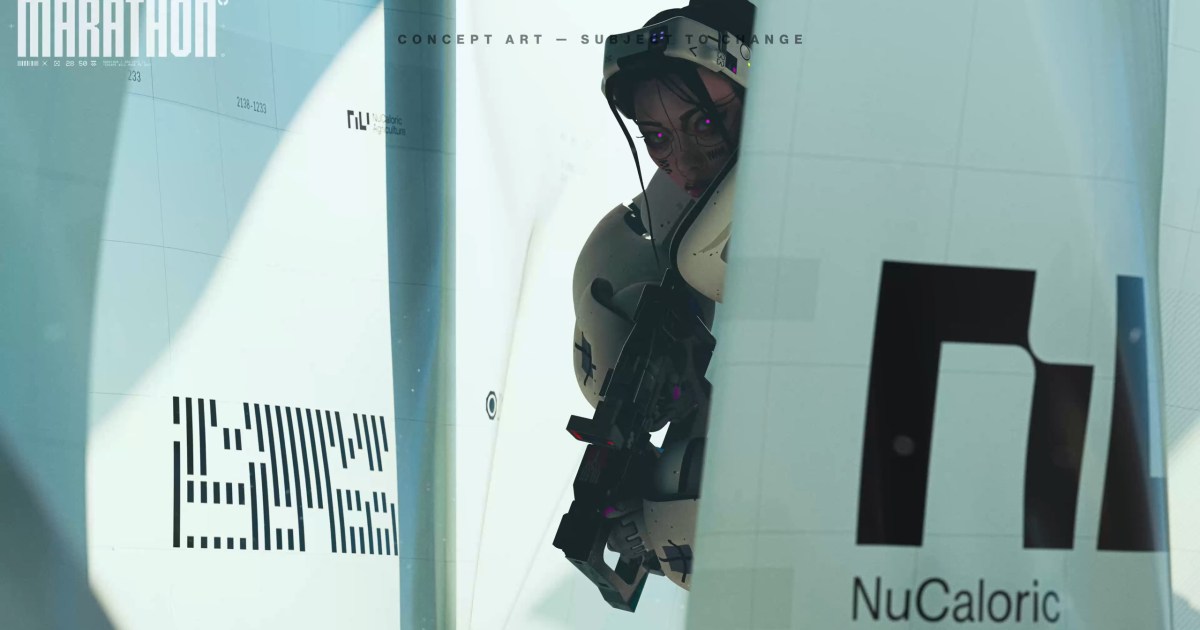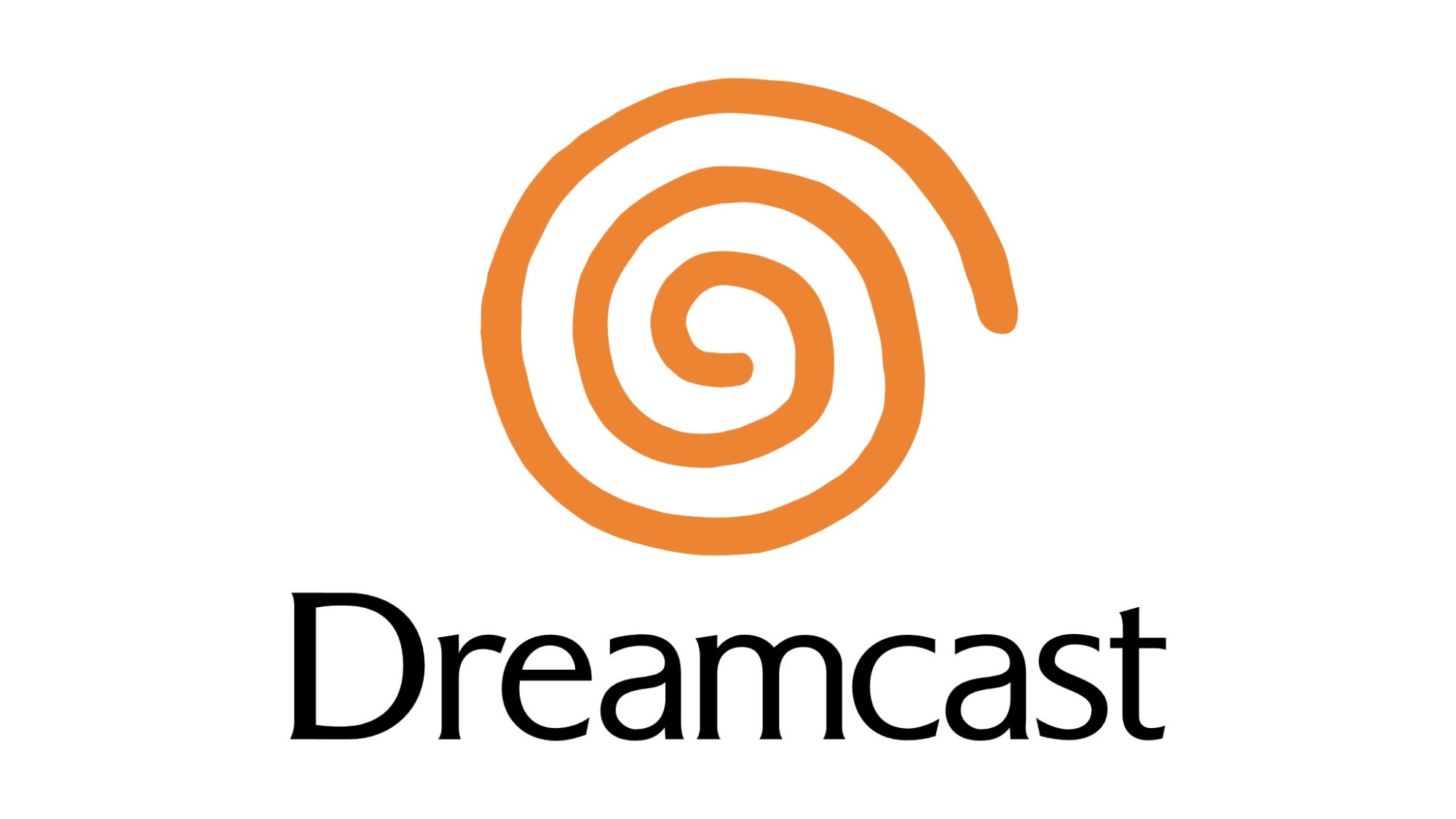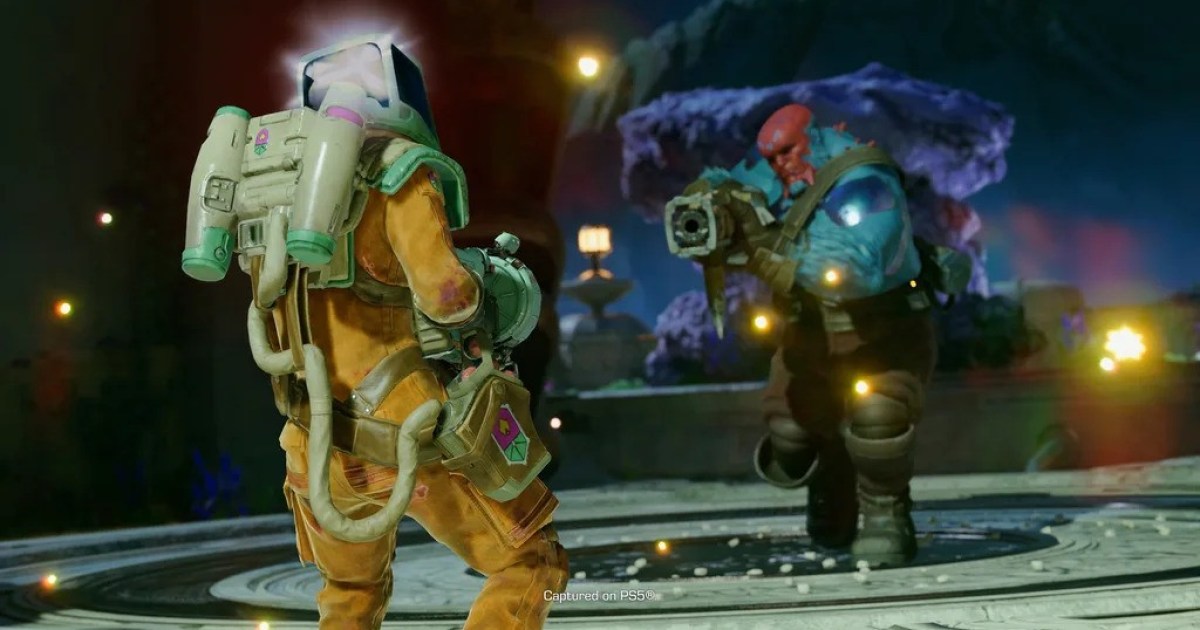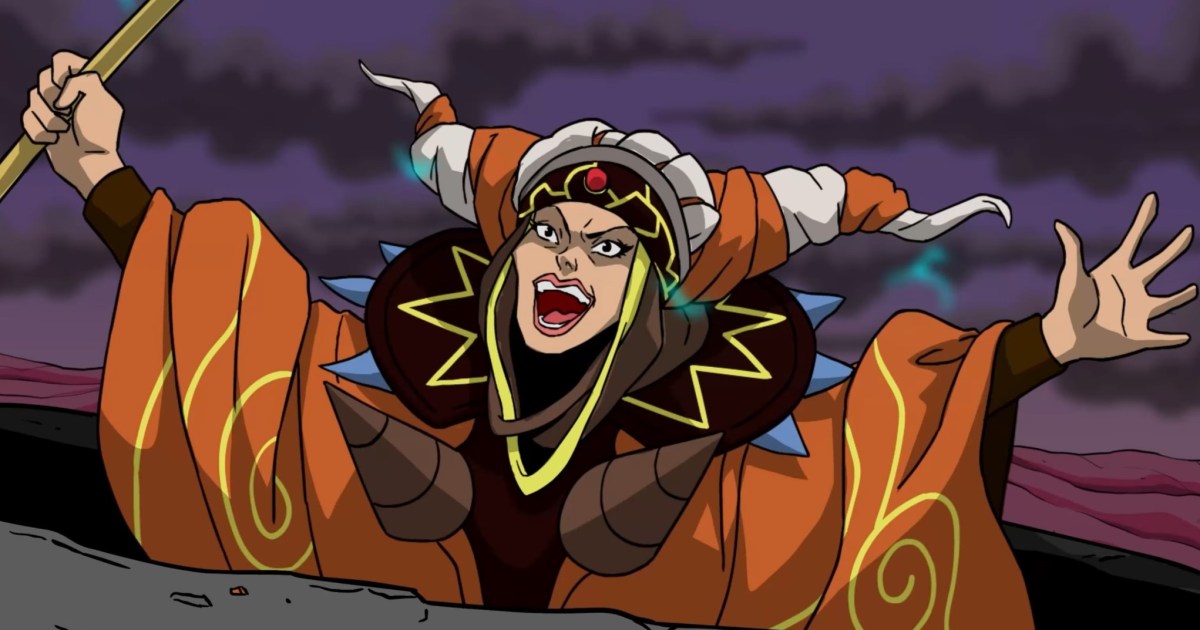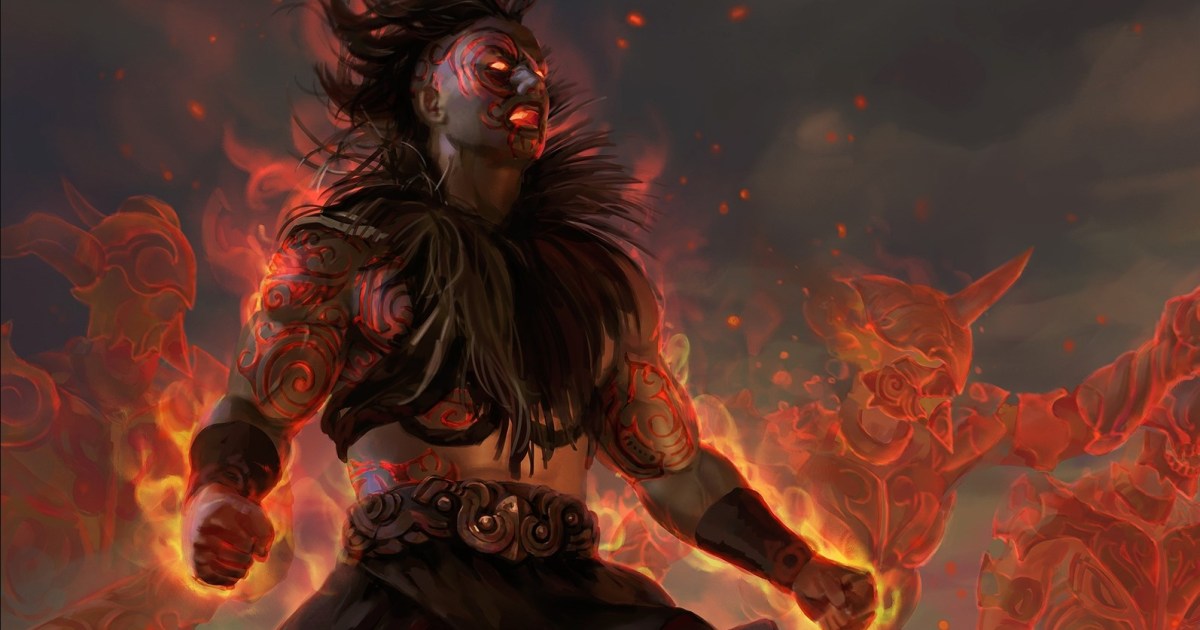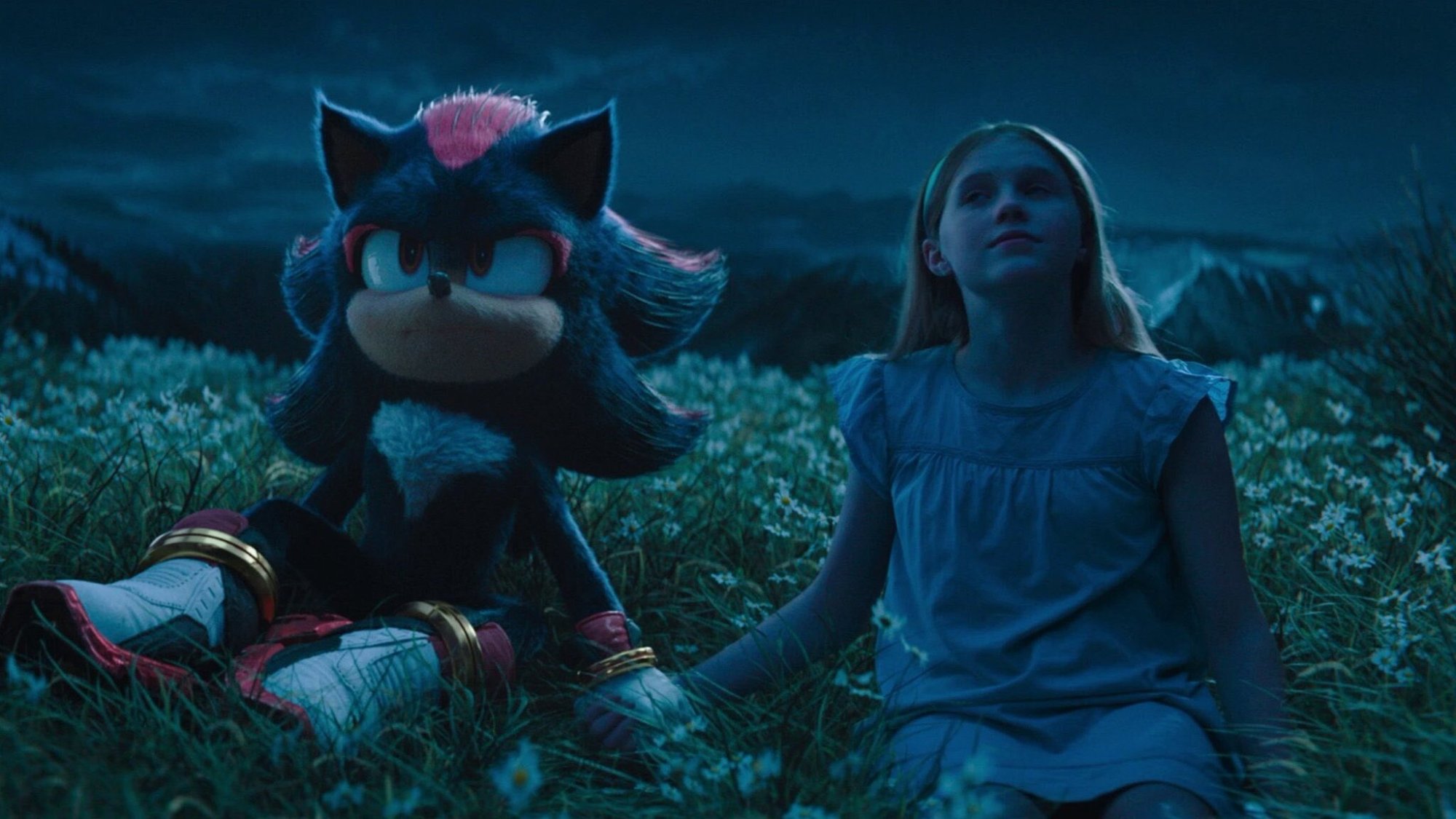The U.S. Copyright Office recently declined a request to exempt video games from the Digital Millennium Copyright Act (DMCA) for preservation purposes. This decision deals a significant blow to efforts aimed at ensuring access to classic video games, especially those no longer commercially available.
The Software Preservation Network and the Video Game History Foundation had jointly petitioned for an expansion of DMCA exemptions for software, including video games. Their aim was to facilitate remote access to games for research and academic purposes, activities often hindered by DMCA restrictions. While acknowledging the importance of game preservation, the Copyright Office expressed concern that the proposed guidelines for accessing retro and emulated games could negatively impact the commercial market. This concern ultimately led to the denial of the exemption.
The Office’s decision, outlined in their official document, highlights concerns about potential market harm despite proposed safeguards to limit access to research and academic uses. Inconsistencies in documentation and testimonies, as well as the availability of remasters and remakes of some classic games, also contributed to the ruling.
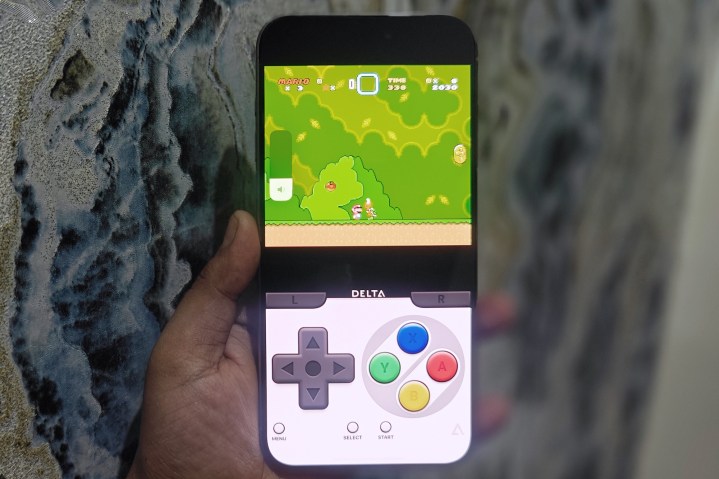 Mario on an iPhone via an emulator.
Mario on an iPhone via an emulator.
The Video Game History Foundation expressed disappointment with the decision. In a statement, Library Director Phil Salvador attributed the setback to lobbying by groups like the Entertainment Software Association (ESA). He cited the ESA’s unwavering opposition to remote game access for research, forcing researchers to resort to unofficial methods to access unavailable games.
According to a report released by the Foundation last year, a staggering 87% of classic games, particularly those on defunct platforms, are inaccessible through conventional channels. The closure of digital storefronts like the Wii U and 3DS eShops, and the Xbox 360 store, has further exacerbated this issue, pushing more titles into “critically endangered” status.
The Copyright Office’s decision underscores the ongoing tension between copyright protection and the preservation of cultural artifacts like video games. It raises questions about how to balance the interests of copyright holders with the need to ensure future generations can access and study these important pieces of digital history. The denial of the DMCA exemption highlights the continued challenges faced by game preservationists and researchers and underscores the need for further dialogue and potential solutions to this complex issue.



